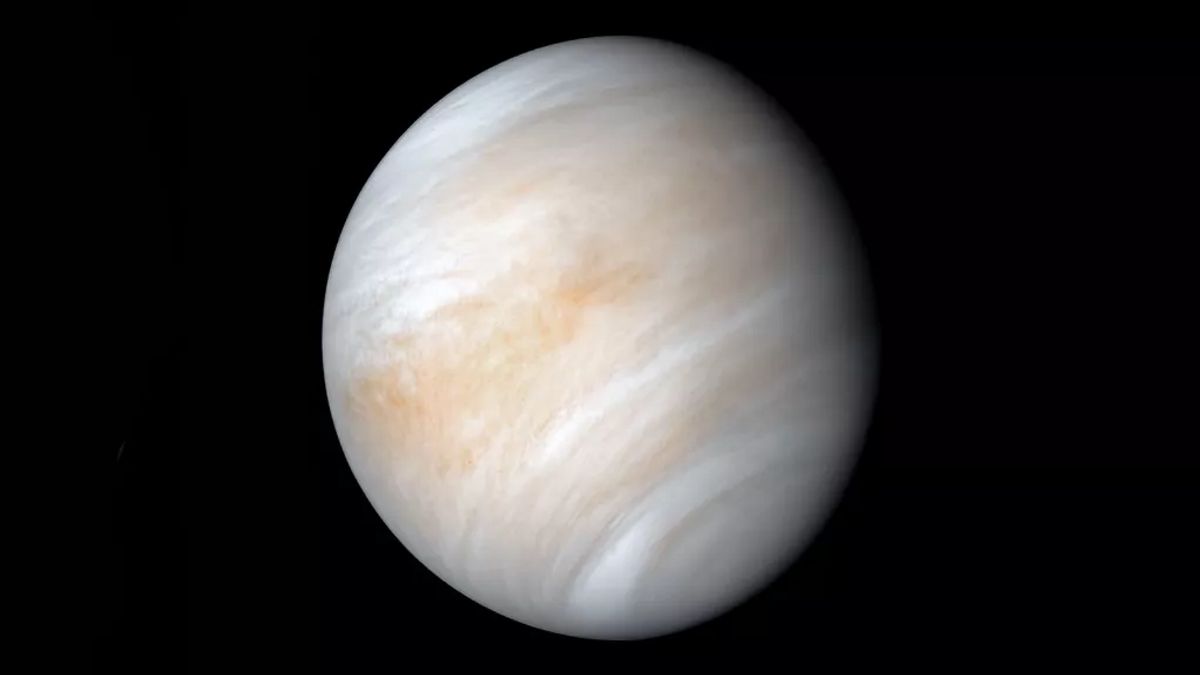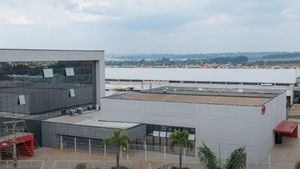JAKARTA - Space company Rocket Lab plans to launch a personal mission to the planet Venus in 2023. They will be looking for signs of life on the planet, and to their surprise scientists have just discovered a biosignature gas, phosphine.
The detection of that phosphine on Venus, unfortunately, does not confirm the existence of alien life, but it is very interesting. Phosphines should not exist on the planet Venus except for the living organisms that make them.
Quoting Space, Friday, September 18, now the aim of Rocket Lab is to determine whether there really are aliens living on Venus, or whether there was a previously unknown chemical process that produced all of that phosphine. Keep in mind, this phosphine is found in certain layers of the Venus atmosphere, where the temperature and pressure in that region is potentially habitable.
The plan, Rocket Lab will set foot on Venus by using an Electron rocket. Even so, Electron is not in the same class as the Atlas V or SpaceX's Falcon 9. Electrons are known as small rockets, which have a payload capacity of only a few hundred pounds. But enough to carry the company's Photon satellite.
Both will enter service for the Venus 2023 mission planned by Rocket Lab. The electrons will carry the Photon into orbit. Upon arrival, the satellite will enter orbit at a speed of about 24,600 mph.
Rocket Lab CEO Peter Beck said his team had spoken with the scientists behind the phosphine discovery to improve mission opportunities by gathering critical data. There is great value in understanding how Venus was, which may have been like Earth in the past.
"That's why Rocket Lab started planning the mission. Venus is good but really underestimated," Beck said, thinking the chances of finding life on Venus were low.
The English, Chinese, Japanese, Arabic, and French versions are automatically generated by the AI. So there may still be inaccuracies in translating, please always see Indonesian as our main language. (system supported by DigitalSiber.id)













